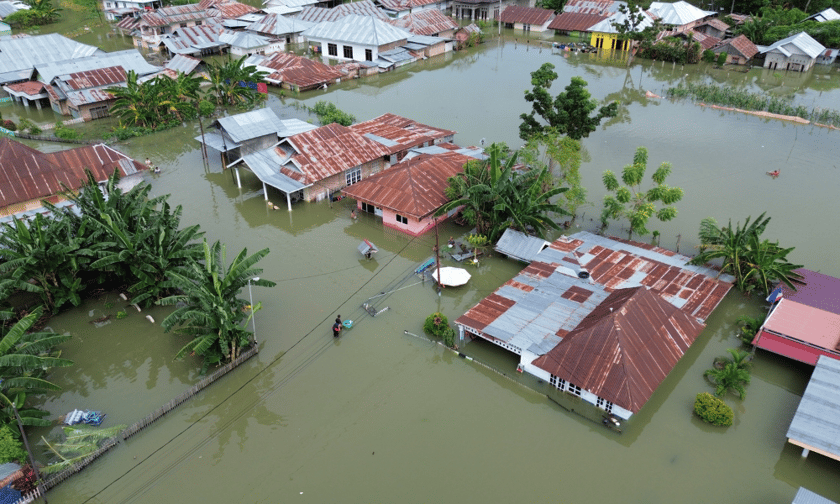

The Australian Greens have called on the federal government to implement all recommendations from the Senate Select Committee on the Impact of Climate Risk on Insurance Premiums and Availability.
The report, released on Nov. 26, highlighted escalating insurance costs tied to climate-related disasters and included proposals to address affordability and access.
Senator Mehreen Faruqi, who chaired the committee and serves as deputy leader of the Greens, described the report as a crucial step toward tackling the combined pressures of climate change and rising insurance premiums.
“It is clear from this inquiry that insurance has become the latest major stressor for communities as they face the brunt of climate-driven disasters,” she said.
With insurance costs becoming a significant burden for communities facing climate disasters, Faruqi urged the Albanese government to adopt the report’s recommendations.
The report proposed eight measures aimed at reducing costs, improving industry transparency, and boosting disaster preparedness through coordinated efforts between governments, insurers, and affected communities.
The committee’s proposals include the following:
Other recommendations focus on increasing federal investment in resilience measures and reviewing land-use policies to reduce future exposure to high-risk areas.
Labor senators on the committee acknowledged the challenges posed by climate-related disasters but pointed to existing initiatives aimed at addressing insurance affordability and resilience. These include the Cyclone Reinsurance Pool and ongoing development of a comprehensive national disaster risk map.
The Cyclone Reinsurance Pool, backed by $10 billion in government funding, has reportedly reduced premiums for some high-risk policies by an average of 38%. However, Labor senators noted feedback from industry and community groups that the pool’s benefits are uneven and suggested careful evaluation before pursuing any expansion.
In the broader context, the federal government has also established the Insurance Affordability and Natural Hazards Risk Reduction Taskforce to develop strategies for mitigating disaster impacts and addressing affordability issues across the insurance sector.
